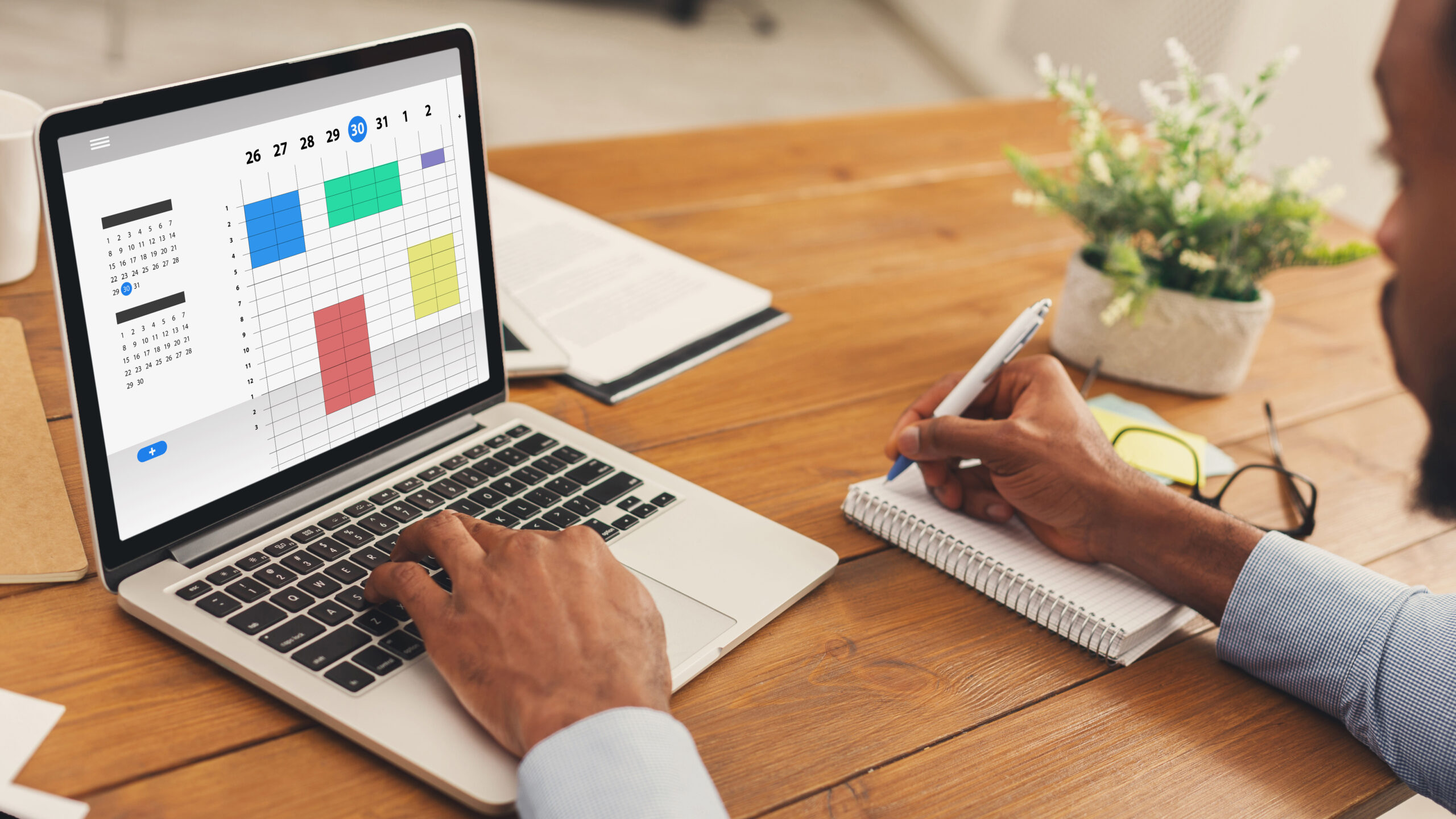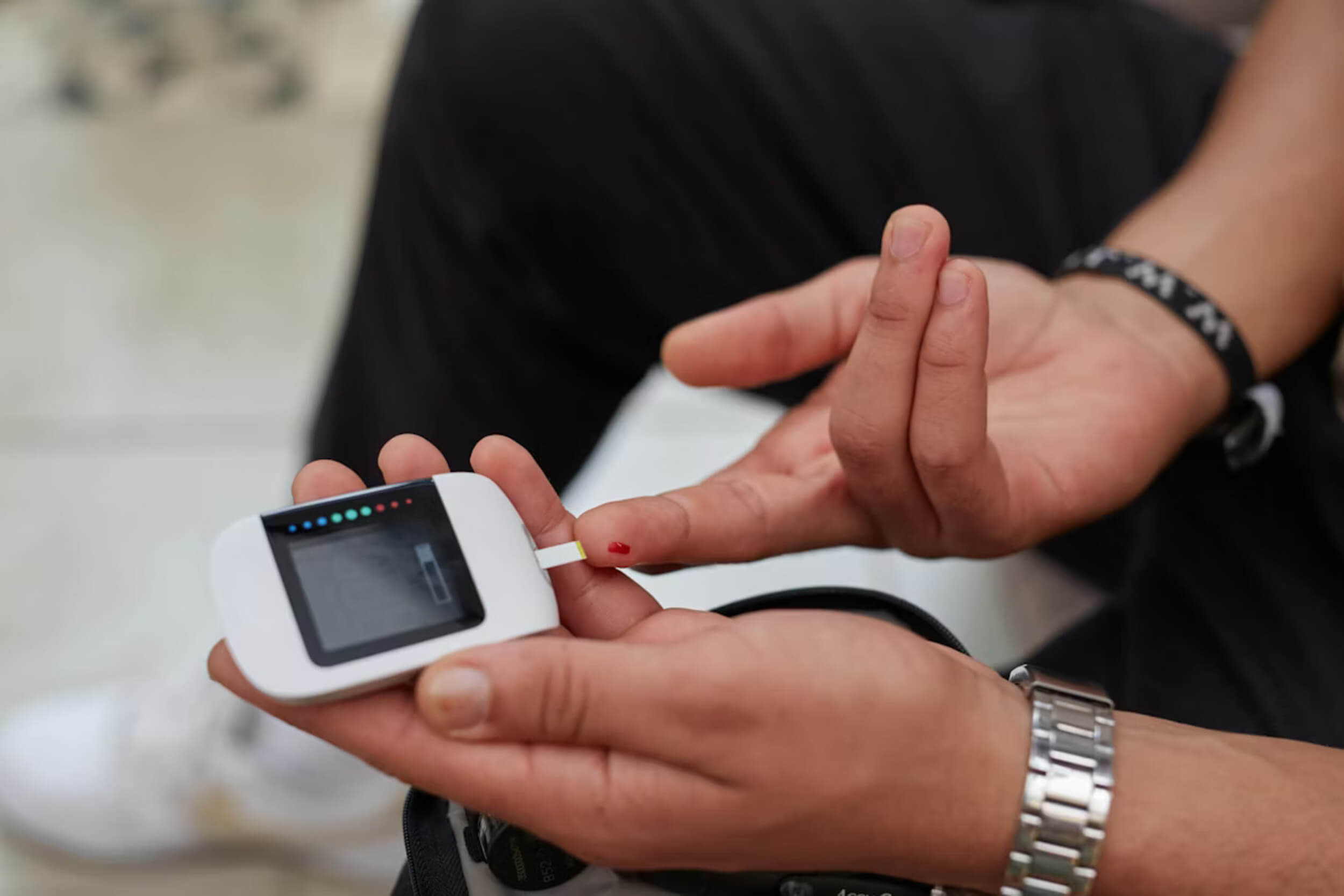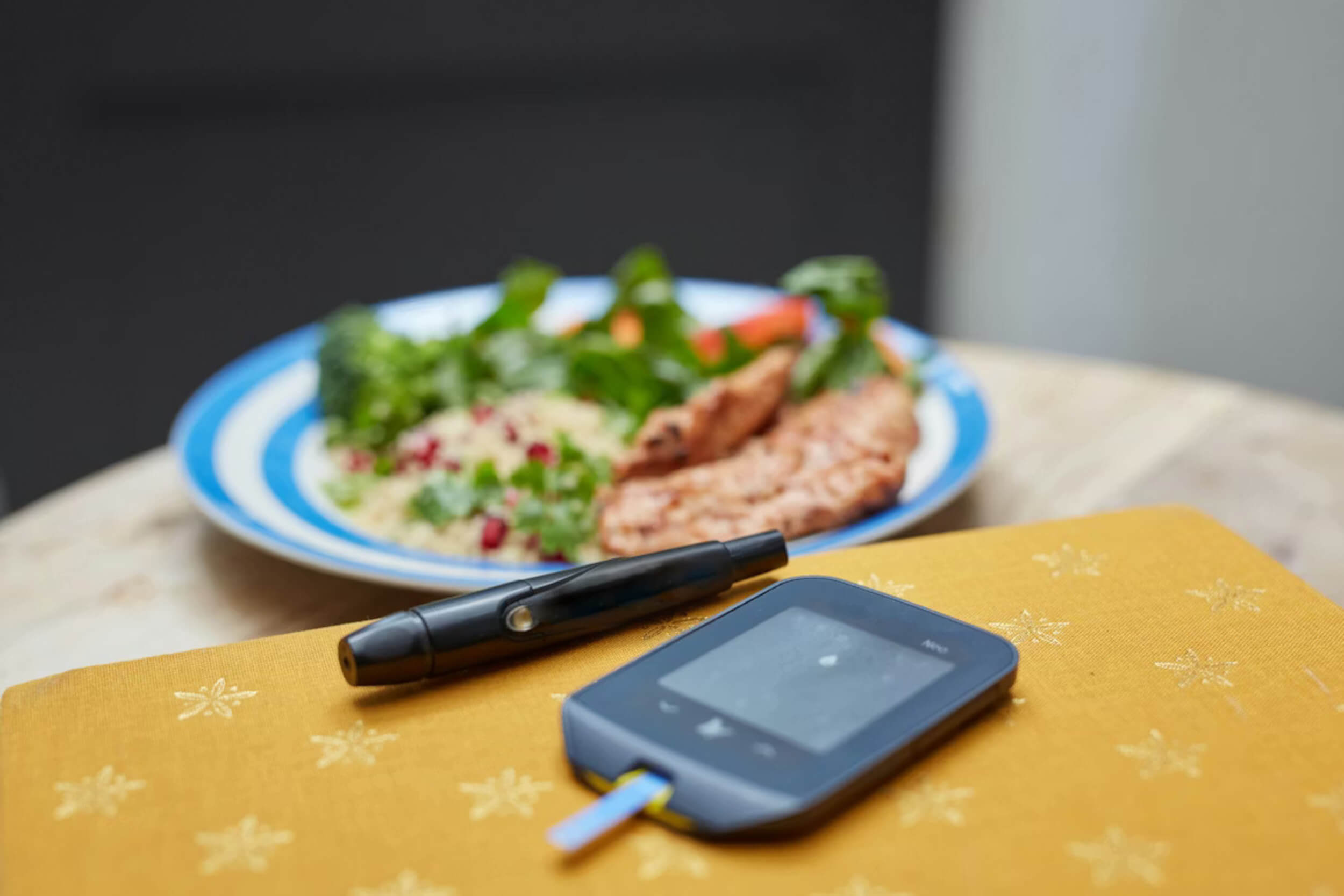When was the last time you gave yourself permission to take a real break? Not just scrolling through your phone or grabbing a quick snack, but stepping away to recharge your mind and body. In today’s world, where working non-stop is often seen as a badge of honor, taking breaks has become something people avoid—even when they know it could help. But what if taking breaks was the secret to doing more, feeling better, and staying healthier?
Science tells us that pausing during your workday isn’t just a nice idea; it’s essential. Regular breaks improve your focus, keep stress in check, and even help your brain work more efficiently. It’s not about wasting time—it’s about making the most of your time. Skipping breaks might feel productive in the moment, but over time, it leads to burnout, frustration, and lower performance.
In this article, we’ll uncover 15 surprising benefits of taking breaks that can boost your productivity in ways you might not expect. Whether it’s protecting your mental health, improving your physical well-being, or sparking new ideas, each benefit proves that stepping away isn’t slacking—it’s smart. Ready to find out why breaks could be your best productivity hack? Let’s get started.
The 15 Benefits of Taking Breaks
Taking regular breaks might seem simple, but their impact on your productivity and well-being is nothing short of remarkable. Each break you take has the potential to reshape the way you work and feel, both mentally and physically. Let’s uncover the 15 benefits of taking breaks and see how they can improve your life.
1. Enhances Focus and Reduces Mental Fatigue
Have you ever felt like your brain just stopped cooperating after hours of non-stop work? That’s because focus has a limit. Your mind can only handle so much before it starts to lose steam, and tasks that seemed easy suddenly feel overwhelming.
Taking a break helps reset your focus. Even a five-minute pause to stretch, step outside, or simply close your eyes can sharpen your attention and help you get back on track. These small resets keep mental fatigue at bay, allowing you to stay productive throughout the day.
2. Prevents Burnout
Burnout doesn’t hit you all at once—it creeps in slowly, starting with a lack of energy and growing into feelings of exhaustion, frustration, and even hopelessness. The problem? Many people think skipping breaks and working harder is the solution when, in fact, it’s the cause.
Pausing throughout the day helps you pace yourself, making intense workloads more manageable. Breaks act like checkpoints, giving you time to recover before diving back in. By taking these moments, you’re not only preventing burnout—you’re setting yourself up for long-term success.
3. Boosts Energy Levels
Does the mid-afternoon slump sound familiar? That heavy, tired feeling that makes you want to crawl under your desk and nap? This happens because constant mental effort drains your body’s energy reserves, leaving you feeling sluggish and unmotivated.
Taking a short break, even just to stand up and stretch, can recharge your body and mind. Power naps, quick walks, or even a few deep breaths can help restore your energy and get you back into the zone. These small actions might seem minor, but they have a big impact on your stamina and focus.
4. Improves Decision-Making
Decision fatigue is a real problem. The more choices you make throughout the day, the harder it becomes to think clearly and make sound decisions. It’s why you might feel stuck or second-guess yourself after hours of continuous work.
Breaks give your brain the downtime it needs to recalibrate. Stepping away from your tasks—even briefly—can clear your mind and help you approach decisions with a fresh perspective. You’ll find that those moments of rest often lead to smarter, more confident choices.
5. Enhances Creativity and Problem-Solving
When you’re stuck on a problem, do you ever find that the solution comes to you when you’re doing something completely unrelated, like walking or showering? That’s not a coincidence—it’s the power of breaks.
Taking a step back gives your brain the chance to process ideas in the background. This “incubation period” is often when creative breakthroughs happen. So the next time you’re feeling stuck, don’t force it. Take a break, let your mind wander, and watch as new ideas and solutions emerge.
6. Protects Physical Health
Sitting for long hours or staring at a screen all day isn’t just uncomfortable—it’s harmful. Over time, it can lead to back pain, neck strain, poor circulation, and even serious health problems like obesity or heart disease.
Breaks give you the opportunity to move your body and counteract these risks. Whether it’s stretching at your desk, taking a short walk, or even standing up to grab a drink of water, these small actions improve circulation and ease tension. Protecting your physical health doesn’t have to be complicated—it starts with taking regular breaks.

7. Improves Memory Retention
Have you ever found yourself reading the same paragraph over and over without it sinking in? Or struggling to remember a detail from a meeting you just had? That’s a sign your brain needs a break.
When you take time to rest, your brain processes and consolidates information, making it easier to recall later. This is especially useful when you’re studying, learning a new skill, or working on a complex project. Taking breaks isn’t just about resting—it’s about giving your brain the space it needs to do its job better.
8. Strengthens Relationships with Coworkers
Work isn’t just about getting tasks done—it’s also about building connections with the people around you. When you skip breaks, you miss out on valuable opportunities to bond with your coworkers.
Taking a moment to chat in the break room or grab a coffee together can strengthen these relationships. These small interactions create a sense of camaraderie and teamwork, making your work environment more enjoyable. Plus, better relationships often lead to smoother collaboration and improved morale.
9. Reduces Stress
Stress is an inevitable part of work, but too much of it can take a serious toll on your health and productivity. Constantly feeling pressured or overwhelmed can lead to anxiety, irritability, and even physical symptoms like headaches or fatigue.
Breaks provide a much-needed escape from this pressure. Whether it’s a short walk, a few minutes of deep breathing, or simply stepping away from your desk, these pauses help lower stress levels and give your mind a chance to reset. Over time, regular breaks can help you feel calmer and more in control.
10. Promotes Emotional Well-Being
Long hours and high expectations can leave you feeling emotionally drained. Without breaks, it’s easy for feelings of frustration or irritability to take over, affecting not only your mood but also your interactions with others.
Taking breaks allows you to recharge emotionally. Use this time to engage in activities that make you feel good, like stretching, meditating, or listening to your favorite music. These small moments of self-care can have a big impact on your overall happiness and resilience.
11. Helps Maintain the Bigger Picture
When you’re deep in the details of a project, it’s easy to lose sight of your larger goals. You might end up spending time on less important tasks or getting stuck in a rut without realizing it.
Breaks give you the opportunity to step back and reassess. These moments help you refocus on what really matters, ensuring that your efforts align with your long-term objectives. With a clearer perspective, you’ll be better equipped to prioritize and stay on track.
12. Encourages Better Posture and Ergonomics
Have you ever noticed how your posture worsens as the day goes on? Sitting in the same position for too long can lead to slouching, neck pain, and even chronic discomfort.
Breaks are a great time to stretch, adjust your chair, or do a quick exercise. These small actions can prevent strain and keep you feeling comfortable throughout the day. Over time, they can also improve your posture and reduce the risk of long-term issues.
13. Facilitates Personal Development
Breaks don’t just help you recover—they’re also a chance to grow.
Use this downtime to read a book, learn a new skill, or reflect on your goals. These moments of personal development not only enrich your life but also make you more effective and adaptable in your work. Breaks are about more than rest—they’re about building a better you.
14. Increases Job Satisfaction
A workday filled with back-to-back tasks can feel like an endless grind. Regular breaks break up the monotony, making your day feel more manageable and balanced.
When you’re less stressed and more energized, it’s easier to enjoy your work. This sense of satisfaction doesn’t just make you happier—it also boosts your motivation and productivity.
15. Supports Work-Life Balance
Work shouldn’t take over your entire life. Taking breaks throughout the day creates space for personal activities, like connecting with loved ones, pursuing hobbies, or simply relaxing.
This balance isn’t just good for your happiness—it also makes you more focused and effective when you return to work. A well-rounded life benefits both you and your productivity.
Final Thoughts on the Benefits of Taking Breaks
How often do you let yourself take a real break? It’s easy to get caught up in the idea that working harder or longer is the only way to get ahead. But the truth is, breaks aren’t just helpful—they’re necessary. They’re the secret ingredient to maintaining high productivity, keeping your mind sharp, and feeling good both mentally and physically.
The benefits of taking breaks go far beyond simply stepping away from work. They refresh your focus, reduce stress, protect your health, and even spark creativity. Without them, it’s easy to burn out, lose motivation, or feel overwhelmed by the tasks at hand. Think of breaks not as a luxury but as a strategy—a small investment of time that pays off in better results and a happier, healthier you.
If you’re wondering how to start, it’s as simple as planning your day with intentional pauses. Set a timer if you need to or block off short chunks of time for stretching, walking, or even sitting quietly. Use these moments to recharge, reflect, or reconnect with yourself and others. You’ll quickly notice the difference in how you work and how you feel.
So, the next time you feel too busy to take a break, remind yourself that stepping away is what will actually help you do your best. Make breaks a regular part of your routine—you’ll thank yourself for it later.














